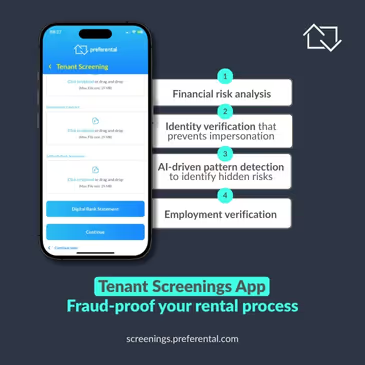Has the Western Cape become unaffordable for first-time homebuyers? Here’s how to break in
Top 3 Takeaways
- Western Cape’s average property price hits R2.33 million far above the national average of R1.66 million.
- Despite pricing pressures, entry-level buyers are getting creative: from micro-units to remote Zoom towns.
- Alternative provinces like Mpumalanga and the Eastern Cape offer first-time buyers secure estates at lower entry points.
Breaking Into the Market: Tough but not impossible
The Western Cape continues to dominate South Africa’s property market and not just for its views. It’s a magnet for both lifestyle buyers and investors, but for first-time homebuyers, affordability is becoming a rising concern.
According to ooba Home Loans’ Q1 2025 data, the average purchase price in the Western Cape reached R2.33 million, substantially higher than the national average of R1.66 million. Yet, despite this, entry-level market activity is holding firm.
“We’re seeing many young professionals and investors gravitating towards the Western Cape for its lifestyle, infrastructure and perceived safety, but affordability in the metro remains a challenge,” says Grant Smee, CEO of Only Realty Property Group.
Who’s Buying and Where?
Lightstone data shows that 40% of the Western Cape’s housing stock is priced under R750,000, primarily in smaller towns and rural areas. This means that while headline prices are high, accessible properties do exist just not in the CBD.
“First-time homebuyers are now looking beyond Cape Town’s centre, exploring areas like the Boland and Overberg for better value,” explains Smee.
These smaller, outlying regions offer lifestyle benefits and strong infrastructure. In central Cape Town, affordability comes via micro-apartments and mixed-use sectional title units, which offer security and lifestyle perks in a compact format.
Foreign Investment Adds Pressure at the Top End
The Western Cape remains South Africa’s leading luxury property market and international buyers are playing a key role.
“Over 40% of properties above R10 million are being bought by foreign investors,” says Smee. “Even in the R5–10 million and R3–5 million brackets, overseas buyers account for 25% and 15% of sales respectively.”
Compared to international benchmarks, Cape Town remains relatively affordable. A R10 million luxury home in the Cape offers far more space and value than an apartment in London or Sydney - making the region attractive for global capital, but more difficult for local first-timers to compete.
Alternatives That Make Sense for First-Time Buyers
Smee suggests broadening the search:
- Zoom towns like Pringle Bay, Betty’s Bay, Kleinmond, Hermanus and Gansbaai offer remote-work appeal and affordable living.
- Mpumalanga, particularly Nelspruit, is booming with new estate developments at accessible price points.
- Gauteng suburbs like Waterfall, Bryanston and Hyde Park offer upscale living with solid infrastructure.
- KwaZulu-Natal’s North Coast – including Umhlanga, Ballito and Salt Rock is thriving, especially for estate lifestyle seekers.
- Eastern Cape is emerging as a short-term rental hotspot with towns like Jeffreys Bay and Kenton-on-Sea showing strong demand.
“These regions offer lifestyle, access to economic hubs, and growth potential – without the Cape Town price tag,” Smee adds. “And many double as holiday rental opportunities, opening the door to buy-to-let strategies.”
Smart Tips to Get on the Ladder
For first-time buyers set on breaking into the Western Cape, Smee offers these strategies:
- Co-buy with a partner or friend to combine incomes and strengthen your loan application.
- Start in outlying suburbs where prices are lower and growth potential is high.
- Consider fixer-uppers you may find a bargain you can upgrade over time.
- Buy-to-let as a strategy rent out your property while continuing to rent in the area you want to live.
- Plan for the full cost of purchase including transfer fees, legal fees, and monthly bond costs.
“The Western Cape is a strong market with consistent annual growth of around 7.4%, but for many buyers it takes a bit of creativity and long-term vision,” says Smee.
The Way Forward
While the Western Cape may seem out of reach, it’s not off the table. With strategic planning, first-time buyers can still find opportunities in smaller towns, micro-developments, and alternative provinces.
“It’s not about compromising your dream it’s about approaching it strategically,” says Smee. “Whether in the Western Cape or elsewhere, smart buying starts with a clear plan, a sharp eye for growth potential, and a long-term mindset.”













.avif)


.avif)

.avif)




.svg)





























.avif)
